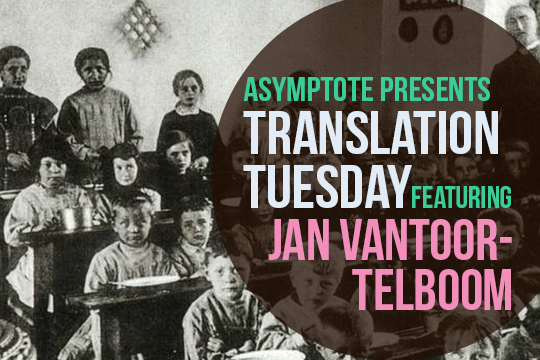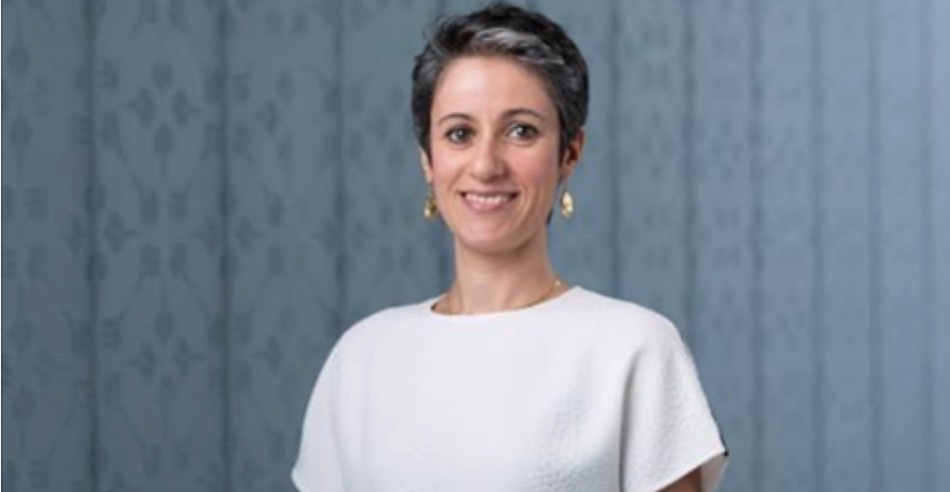Newly translated into English, Jan Vantoortelboom’s His Name is David, a Dutch-language bestseller, is a tale of forbidden love set in World War I Flanders. Consisting of vignettes, the narrative unfolds as memories of a young Belgian school teacher as he faces a firing squad for desertion. Presented here are just two scenes from the classroom, showing how he tries to transform the minds of his students, “the boys of Year Six.”
‘But sir, why do we have to cram all these things into our heads?’
Roger interrupted my lesson about the capital cities of Europe. His way of constantly questioning everything drove me up the wall sometimes.
‘Neither my father nor mother have ever been further than Ypres or Poperinge, and on Sundays, my mother goes straight home to milk the cows after Mass and my father only ever gets as far as the pub for a pint.’
‘Quite a distance, if he has to crawl home,’ Jef said.
We ignored the remark.
‘Well, Roger. Maybe you will travel further than your parents one day, and see the whole wide world,’ I said.
‘Who, me? Why? Whaffor?’
‘To look at churches and castles in other countries, perhaps. To see how people live there. Or to observe the wildlife.’
I thought of my childhood. Of the books Father brought us. Of the cupboard full of skulls and bones in my room. Of my brother.
‘But I won’t have the cash for that. And anyway, I don’t give a damn about those things.’
Judging by the way his eyebrows twitched, he knew he should be watching his words.
‘Honest, sir. All I want to do is milk the cows and work the land. So why do I need to know the capitals of Europe, or who Napoleon was? And on Sundays, I want to go drinking, like Dad!’
I needed all my creativity to come up with an answer that would have a motivational effect on the obstinate lout.
‘Well, Roger. Imagine that one day, you take over your father’s farm …’
He interrupted me enthusiastically.
‘Oh, I will, sir! Cos luckily, I’m the oldest!’ He laughed, sneering at Jef and Walter, who both had elder brothers.
‘All right,’ I continued. ‘And now imagine you do, as you say, also take over that genial habit of your father’s, namely drinking on Sundays.’
‘Yes, naturally. Sometimes, I’m already allowed…’
‘That’s enough, Roger,’ I cut him short. ‘As you know, however, no one on this planet is immortal. I’m sorry I have to say so, but one day, your parents will die.’


